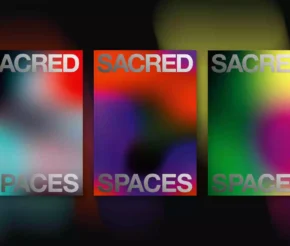- Advertise
-
Subscribe
Glastonbury Festival May Sell Fewer Tickets to Control Drug Use

Festival mammoth Glastonbury might sell fewer tickets to tackle illegal drugs as local councilors and police officers look to review its license.
Issued by Mendip District Council, the annual event’s license might have to change its drug testing policy to protect festival-goers. Under the current system, Glastonbury allows drug seizures, accepts surrenders, and does in-house drug testing where a private company tests confiscated and surrendered substances.
This means that stats and figures regarding drug use at the 200,000-capacity festival are owned by Glastonbury and not publicly available. In a bid to better understand drug trends and tackle them, police and council members are calling for the numbers to be at their disposal.
Local authorities are also looking to revise Glastonbury’s drug testing policy, requiring the Somerset festival to adhere to a new “management plan.” The change in approach could translate into reduced festival capacity, an increased police presence, and making drug-related stats available.
Each year, dozens of police arrests related to supplying or attempting to supply illegal substances occur on Glastonbury’s grounds.
While these figures are recorded within the official police statistics, further information about drugs recovered through amnesty bins and Glastonbury’s security are not part of official police investigations.
According to the BBC, Pete Collins, drug expert lead at Avon and Somerset Constabulary, pointed out that Glastonbury uses a private company to carry out “back-of-the-house testing.”
“Believe it or not, but the seizure of drugs is not something that’s disclosed to us – the data is owned by the Glastonbury Festival.”
Councillor Simon Carswell added that upgrading the number of security officers on site and lowering Glastonbury’s capacity could iron out the issue and allow more drugs to be seized.





